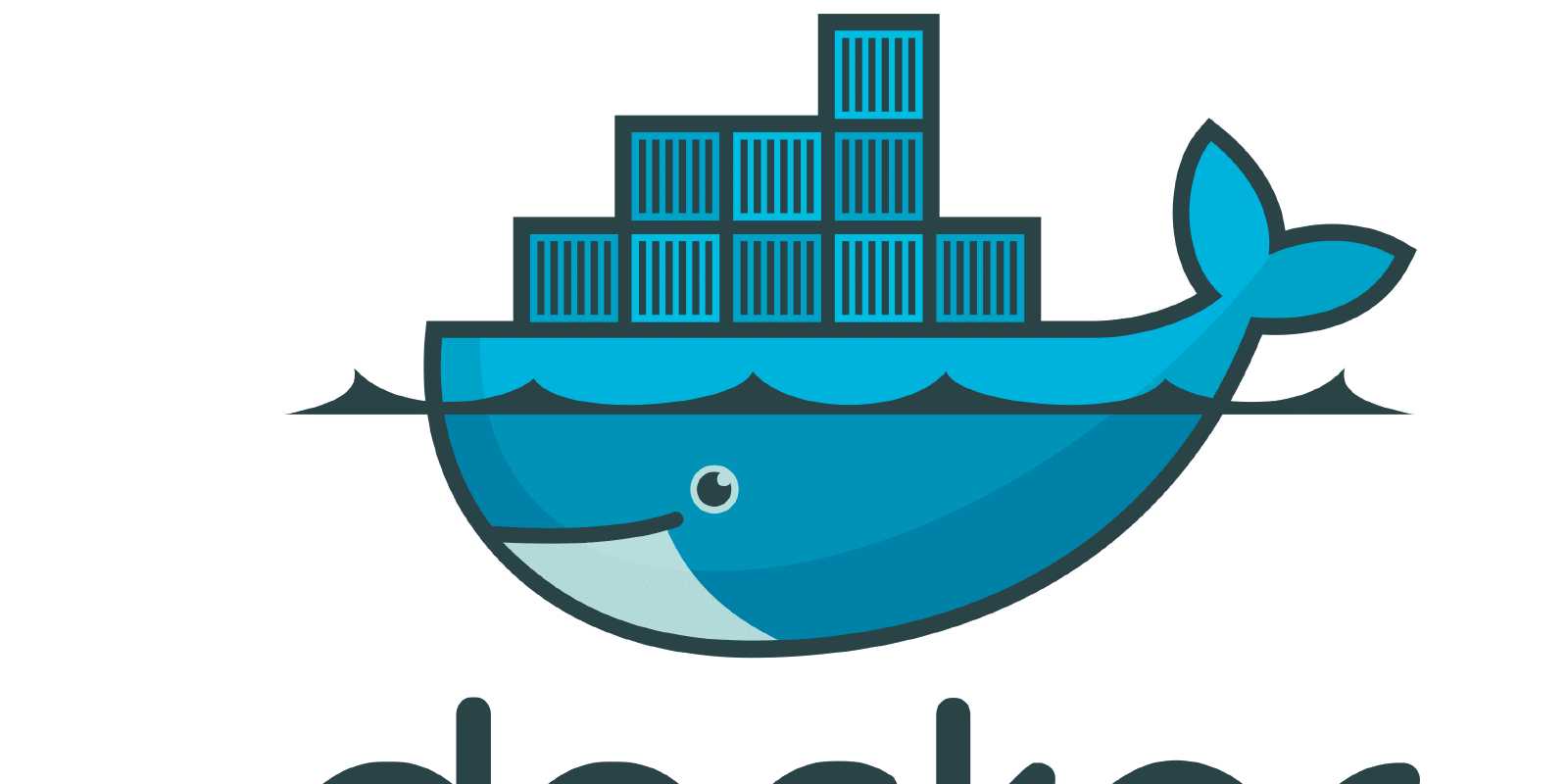Containers: The Key to Modern Cloud Deployments

Containers have evolved from an enterprise-only innovation into a practical tool for businesses of all sizes. By packaging applications and their dependencies into isolated, portable units, containers streamline development, deployment, and scaling in the cloud.
At Datia, we recommend containerization as a foundational step in building a modern, efficient infrastructure—whether you’re beginning your cloud journey or refining your deployment processes.
What Are Containers and Why They Matter
A container is analogous to a shipping container: it encloses everything an application needs—code, runtime, libraries, and system tools—into a single, self-sufficient package. Key advantages include:
-
Consistency Across Environments
Containers run identically on a developer’s laptop, in CI/CD pipelines, and in production—eliminating “it works on my machine” discrepancies. -
Lightweight & Fast Startup
Without bundling a full guest operating system, containers launch in seconds, accelerating development cycles and reducing resource consumption. -
Portability
Move containers seamlessly between on-premises servers, public clouds, and hybrid environments without configuration drift.
Benefits for Small & Medium-Sized Businesses
Containers aren’t just technical toys—they deliver tangible value for lean teams:
-
Reproducible Deployments
Deploy to development, staging, and production with confidence. Identical container images ensure predictable behavior and simplify testing. -
Accelerated Releases
Rapid container spin-up means you can push updates and features in minutes, minimizing downtime and speeding time to market. -
Optimized Resource Utilization
Run multiple containers on a single host, maximizing infrastructure efficiency and lowering cloud costs. -
Simplified Scaling
Scale individual services independently—spin up additional containers under load and retire them when demand subsides.
Kubernetes: Powerful but Optional
Kubernetes (K8s) is the de-facto standard for orchestrating containers at scale, offering automated scheduling, health checks, and rolling updates. However, for many small teams, managed or serverless container platforms (AWS Fargate, Google Cloud Run, Azure Container Instances) deliver simplicity without the operational overhead of a full Kubernetes cluster.
How Datia Supports Your Containerization Journey
We collaborate with small and medium-sized businesses to:
-
Assess Your Architecture
Identify workloads and workflows that benefit most from containerization. -
Build Container Images
Create optimized Dockerfiles, secure images, and CI/CD pipelines. -
Deploy & Orchestrate
Implement container hosting on AWS, GCP, or Azure—leveraging managed services when appropriate. -
Provide Training & Documentation
Equip your team with best practices, detailed guides, and hands-on workshops. -
Offer Ongoing Support
From performance tuning to security audits, we’re your partner throughout the lifecycle.
Conclusion
Containerization democratizes enterprise-grade infrastructure, enabling businesses of any size to achieve consistency, agility, and cost-effectiveness. With the right strategy and expertise, you can transform your deployment processes and unlock new levels of productivity.
Ready to simplify your deployments? Talk to Datia about containerizing your applications and making your cloud journey faster, smoother, and more resilient.
